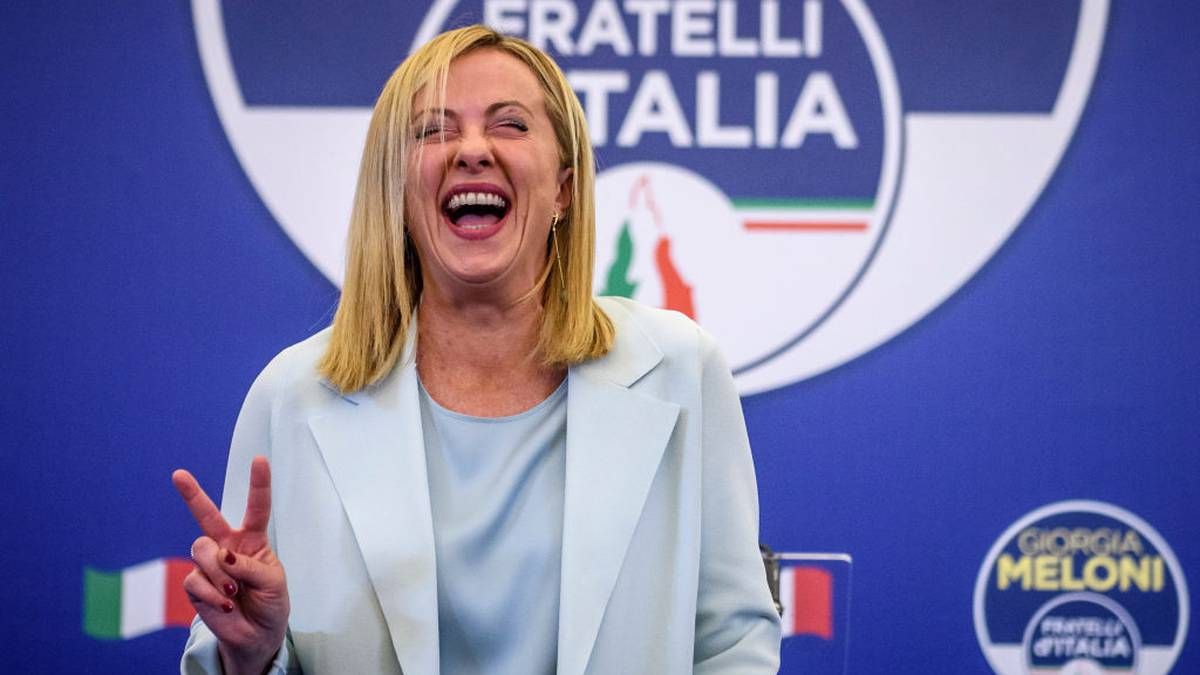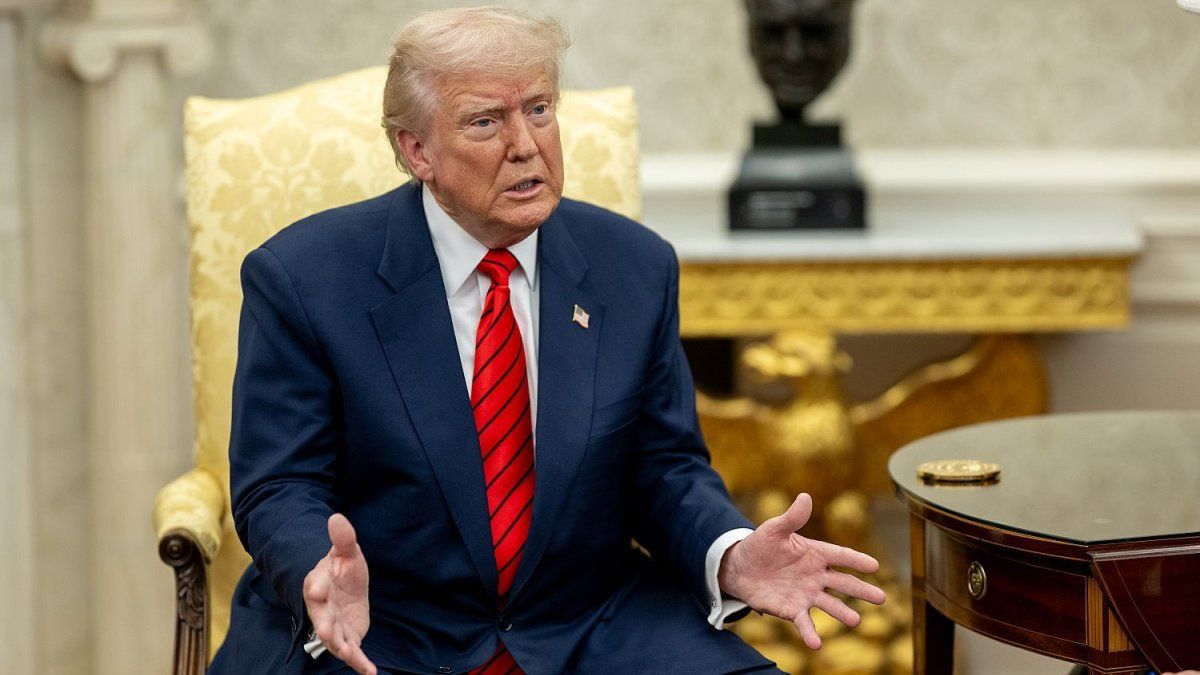Surely from an American perspective it is easy and understandable to be suddenly alarmed, given that we are accustomed to presidential regimes and recently, it should be said, the entire continent was the scene of notorious political turmoil: the capture of the Capitol in Washington in this sense stands as an eternal portrait Of the call “radical new right” of this century. However, one does not see in the big cities of Italy any climate of general mobilization but, on the contrary, of apathy and disenchantment. It is no coincidence that, precisely, with just 64%, this was the election with the lowest turnout in all of Italian republican history: that is, Fratelli d’Italia obtained 26% of just over half of the potential electorate.
It remains remarkable, beyond these nuances, that ultimately the image of a Giorgia Meloni victorious is extremely powerful as a symbol in several respects:
1) She is soon to be the first female Prime Minister in Italian history;
2) He built his electoral capital from his own political marginality (in previous elections he obtained meager results, and he was not part of Mario Draghi’s government as his partners did);
3) It has in an unprecedented way on the front page of power a neo-fascism that had always been relegated to being a half taboo.
If this exceptionality in Meloni’s victory could have been possible, this is also thanks to the ineffectiveness of the electoral options that could have put a brake on his aspirations. The Democratic Party, the main party of the center-left, failed to read the context or perhaps assemble efficient communication around the urgent demands of the electorate in a country weary of post-pandemic difficulties and the costs of the war in Ukraine. Within this difficult panorama, marked by the acceleration of inflation, the energy crisis and a slowdown in the economic recovery, the coalition led by the Partito Democratico lost to the center-right even in the so-called “red regions” from the center of the country; namelythose in which, thanks to the roots of the anti-fascist partisan memory, the norm was always the systematic inclination towards leftist options.
Another explanation for Meloni’s victory is found in the disorganization of what we could call the “progressive” forces in Italy and the lack of interest shown in allying with each other. The Movement 5 Stelle He was in a surprising third place with 15% of the votes, after everyone gave him up for dead as a result of his latest resounding defeats in local elections (where he lost all his mayoralties). And, for its part, the alliance between Italia Viva and Azione (social-liberal center forces) obtained just under 8%. In other words, doing rough math, a possible union between these parties and the Partito Democratico could have practically tied up the rival center-right coalition. Nevertheless, In electoral politics, one plus one is not always two, and perhaps the greatest attraction of 5 Stelle in this election has been, precisely, to establish itself as an autonomous option.
What should we expect for this new Meloni government? Is a 21st century neo-fascism really coming?
Although in fact it is rash to make any kind of forecast at this point, we can foresee that Meloni will have some clear limits in advance for the application of any eventual radicalized agenda, as this recent BBC article explains. In the latter it is argued that, as is well known, President Mattarella will play the key role of moderator as appointee and possible vetoer of ministers. Likewise, In European institutions, supranational organizations and their laws (since they are hierarchically above the legislation of each country) can also act as a community barrier to, for example, extreme measures that may be taken with respect to migration regulation.
INTER – ITALY-ELECTION_opt.jpeg
DOMINO. Giorgia Meloni’s victory generated enthusiasm in other far-right parties such as Spain’s Vox.
To the points made by the BBC I would like to add a few observations of my own. As I initially argued, the Italy of 2022 has little to do with Trump’s United States, nor does it resemble the climate of effervescent polarization that characterizes the Brazil that emerged from the rise of Bolsonaro. Really, what is perceived in Italy is a demobilized, depoliticized, disenchanted society. It has a lot to do with the fact that the vote is optional, or that its parliamentary system is complex in itself and the appointment of the Prime Minister and the President is indirect. Nevertheless, This does not fully explain the clear collapse in electoral participation (10% since the previous general election of 2018) in recent years.
Until the 1990s, Italy had a highly bipartisan dynamic, where the Christian Democracy was the ruling party and the Communist Party was the opposition, and both were erected as parties with clear identification of various social sectors or regions. More here in time, we can come to think that for a long time now it seems that hardly anyone in Italy identifies with any project of this fragmented party system.
I repeat the value that I gave initially in case the dimension is not understood; the winning candidate, the one that causes astonishment in all the media covers, obtained merely 26% of the 64% of the electoral roll. Although it has the virtue of governing through a coalition that will enjoy a comfortable absolute majority, it is really difficult to speak of a “mass phenomenon” or a “climate of the times” in light of these characteristics.
Probably, more than Black Shirt Squads, we will see the apparatus of social networks orchestrating the pomposity of a government that, surely, is relatively interested in its image being consistent with the monster they say it is.
Source: Ambito




